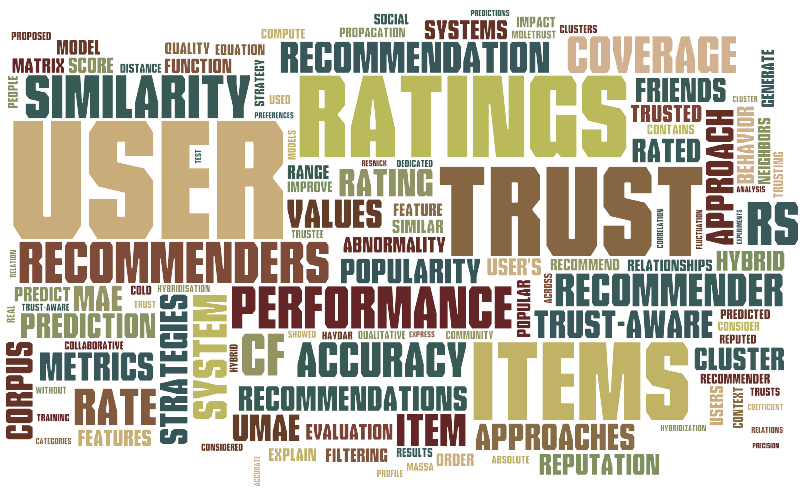Rousseau et al’s definition of trust having researched scholarly articles from different disciplines is as follows,
Trust is a psychological state comprising the intention to accept vulnerability based upon positive expectations of the intentions or behavior of another.
Lewis and Weigert in their paper, Trust as a social reality saw trust as a sociological concept.
We see that the primary function of trust is sociological rather than psychological, since individuals would have no occasion or need to trust apart from social relationships. In addition, we would like to argue that, like its function, the bases on which trust rests are primarily social as well. This raises the question of how trust in other persons and institutions is established, maintained, and, when necessary, restored.
Trust can be calculated based on policy, provenance or reputation. For the purpose of this idea, Skillted, the Reputation based trust is relevant. Here, trust is based on user’s own experience or the collective experience of other users.
Reputation systems are an important component of online communities that help elicit good behavior and cooperation among loosely connected and geographically dispersed members. The integrated ratings and reviews system in Skillted is one of such systems.
Reputation systems by Ebay and Amazon have been the subject of quite a number of academic research. Resnik et al in the paper, the value of reputation on E-bay, illustrate the global trust approach where the trust value every user gives a particular user in the network is used to compute the trust value for that user.
Over time, the same notion can be applied to Skillted. Experiences by other users that have bartered skills are used to determine whether to trust a user.
A supporting post for : Social and ethical consideration for Skillted
References
– Rousseau, Denise M., et al. “Not so different after all: A cross-discipline view of trust.” Academy of management review 23.3 (1998): 393-404.
– Lewis, J. David, and Andrew Weigert. “Trust as a social reality.” Social forces 63.4 (1985): 967-985.
– Resnik et al. “The Value of Reputation on eBay: A Controlled Experiment.” Experimental Economics (2006) vol. 9 (2): 79-101
– Lecture notes on Trust: http://www.edshare.soton.ac.uk/6833/
Image credit – http://www.loria.fr/~alchiekc/


Please comment with your real name using good manners.